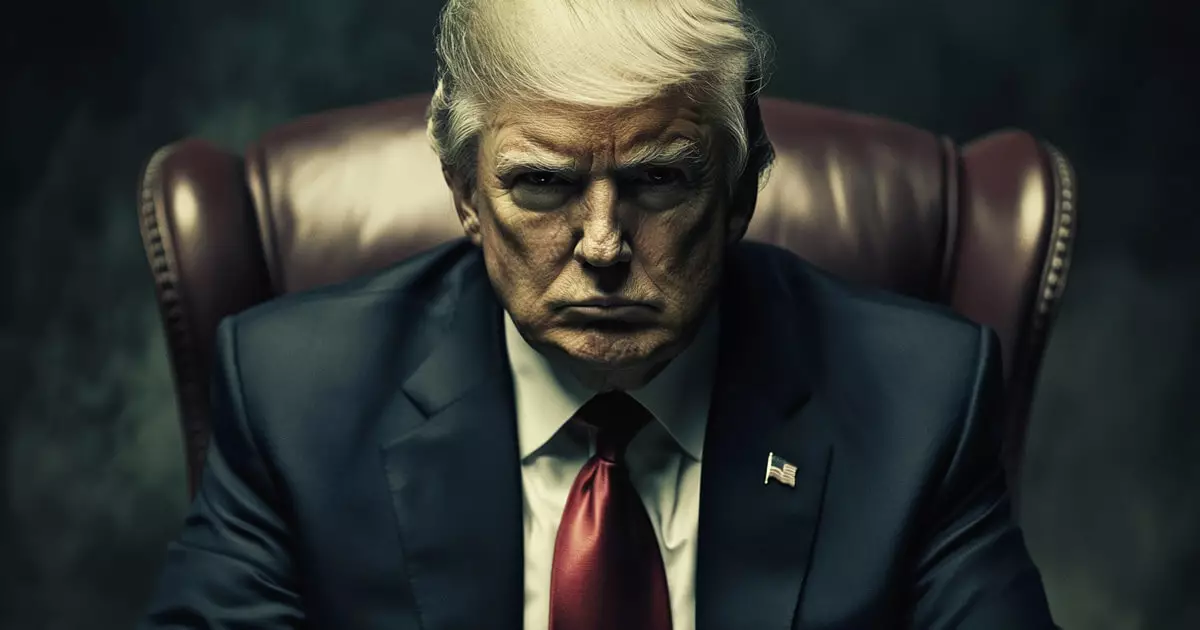As the cryptocurrency landscape continues to evolve, organizations representing this burgeoning industry are pushing for reform at the highest levels of government. Recently, the Blockchain Association, which serves as a nonprofit advocacy group for crypto and blockchain enterprises in the United States, articulated its concerns and priorities in a letter addressed to President-elect Donald Trump and members of Congress. This correspondence aims to set forth a clear agenda that could significantly impact the direction of the regulatory framework governing digital assets.
Addressing Leadership and Accountability
One of the prominent themes of the Blockchain Association’s letter is the necessity for a shift in leadership within critical government agencies. While there has been widespread support for the removal of Gary Gensler from his position as Chairman of the U.S. Securities and Exchange Commission (SEC), Kristin Smith, the Association’s CEO, argues that this alone is insufficient. She advocates for a comprehensive reevaluation of leadership not only at the SEC but also at the Internal Revenue Service (IRS) and the Treasury Department. This multifaceted approach highlights the interconnectedness of regulatory bodies and their roles in fostering a healthy crypto environment.
Interestingly, Gensler has already announced his intention to step down, with his departure coinciding with Trump’s potential return to office in January 2025. This presents a unique opportunity for the new administration to reset the regulatory tone for the cryptocurrency sector. Without a doubt, changes in leadership can usher in policy shifts that either facilitate or hinder innovation.
The Blockchain Association’s letter sheds light on a pressing issue within the crypto community: inconsistent taxation policies. The IRS’s ‘Broker rule’ has sparked significant concern, as it imposes stringent reporting requirements on cryptocurrency transactions, potentially creating barriers for companies operating in the U.S. Smith argues that these excessive regulations may deter innovation and compel firms to relocate their operations overseas, a scenario that could stifle economic growth and erode U.S. competitiveness in the global crypto market.
In essence, the call for a more equitable taxation framework is not just about compliance but about establishing a nurturing environment for emerging technologies.
Another critical priority outlined in the letter is the establishment of a rational regulatory framework that accommodates the unique nature of cryptocurrencies. Smith urges the Trump administration to adopt a balanced approach where customer protection is weighed against the promotion of innovation. Creating an adaptive regulatory environment can enable creative solutions to thrive while ensuring that consumers are safeguarded.
Moreover, the letter highlights the ongoing challenges that crypto companies face in accessing traditional banking systems. The denial of access to essential banking services has hindered operational efficacy, forcing many to explore alternative, often less reliable means of conducting business. Advocating for the inclusion of crypto enterprises in the traditional banking landscape is crucial for their sustainable growth and integration into the broader economy.
Lastly, the suggestion to form a crypto advisory council underscores the need for collaboration among industry experts, lawmakers, and regulatory agencies. This council could serve as a bridge, facilitating dialogue and ensuring that the voices of crypto stakeholders are heard in the legislative process.
The Blockchain Association’s proposal is a clarion call for significant regulatory reform that prioritizes innovation, consistency, and inclusivity in the cryptocurrency arena. As the new administration prepares to take office, the proposed changes could lay the groundwork for a new era of growth in the digital asset economy.
















Leave a Reply